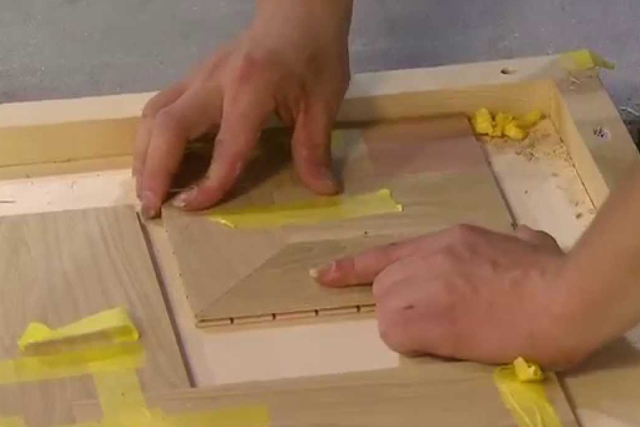Floor layers lay a wide range of floors for the interior of buildings. The range includes parquet flooring, resilient flooring such as linoleum, vinyl, cork or rubber, carpet and laminate flooring, panels and textile flooring such as woven or tufted floorings or needlepunch. They draw laying plans, prepare the underfloor, lay screeds and dry underfloors, and apply insulating layers. Depending on the nature and size of the business, Floor Layers may or may not have direct contact with the client. Whatever the case, they will have client satisfaction in mind at all times.
In addition to laying new floors, the Floor Layer is likely to make repairs to existing screed underfloors and surface coverings. They will also be called upon to advice on purpose, price, colour, limitations, care and maintenance. The Floor Layer works in the premises owned by clients or for which they are responsible. These premises will be very diverse in their nature and requirements, and include industrial, recreational, business and domestic environments. Given this, the Floor Layer will be conscious of the need to protect the working environment and those occupying it, and to make good the area on completion. Since Floor Laying takes place largely or entirely inside buildings, it is a year-round activity. Although normally carried out during daytime working hours, it may require work at other times in order to minimize disruption to normal daily activity.
Floor laying is highly practical. It may start with a direct or indirect enquiry from a client, the development of options followed by estimates dealing with cost and price. An accepted estimate results in the drafting of laying plans, the ordering of supplies and the scheduling of work. To lay the floor, Floor Layers prepare the floor with a screed made from a screed mixture of sand, cement, water and additives. These screeds may either be immediately walked on or act as an underfloor for other types of floor covering. Floor Layers then lay the surface covering for the intended use. Floor Layers may be employed by organizations of any size, or be self-employed. Often depending on company type and size, and the client base, the role may be specialized or broad. For larger work assignments Floor Layers will work in teams of two or more.
As part of the broad construction sector the Floor Layer can expect to remain in demand. However, products, materials and work processes will change as a result of consumer choice, fashion, new technologies and new regulations. The successful Floor Layer will regard these changes as business opportunities and seek advantage in the market accordingly.
